 Congratulations to Dr. Pramod Regmi as the lead author of the paper ‘Informed consent in health research: challenges and barriers in low-and middle-income countries with specific reference to Nepal‘ [1]. Informed consent is a process whereby potential participants are genuinely informed about their role, risk and rights before they are enrolled in the study. Thus, ethics committees in most countries require ‘informed consent form’ as part of an ethics application which is reviewed before granting research ethics approval. Despite a significant increase in health research activity in low-and middle-income countries (LMICs) in recent years, only limited work has been done to address ethical concerns.
Congratulations to Dr. Pramod Regmi as the lead author of the paper ‘Informed consent in health research: challenges and barriers in low-and middle-income countries with specific reference to Nepal‘ [1]. Informed consent is a process whereby potential participants are genuinely informed about their role, risk and rights before they are enrolled in the study. Thus, ethics committees in most countries require ‘informed consent form’ as part of an ethics application which is reviewed before granting research ethics approval. Despite a significant increase in health research activity in low-and middle-income countries (LMICs) in recent years, only limited work has been done to address ethical concerns.
Most ethics committees in LMICs lack the authority and/or the capacity to monitor research in the field. This is important since not all research, particularly in LMICs region, complies with ethical principles, sometimes this is inadvertently or due to a lack of awareness of their importance in assuring proper research governance. With several examples from Nepal, this paper reflects on the steps required to obtain informed consents and highlights some of the major challenges and barriers to seeking informed consent from research participants. The authors offer some recommendations around how can we can promote and implement optimal informed consent taking process.
The paper will appear later this year in the international journal Developing World Bioethics (publisher: Wiley). Finally, just out of interest five out of six of the authors are graduates of the University of Aberdeen!
Prof. Edwin van Teijlingen
CMMPH
Reference:
- Regmi, P.R., Aryal, N., Kurmi, O., Pant, P.R., van Teijlingen, E., Wasti, P.P. (2016) Informed consent in health research: challenges and barriers in low-and middle-income countries with specific reference to Nepal, Developing World Bioethics (Online HERE )
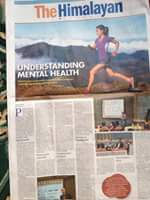
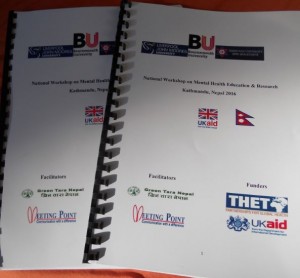
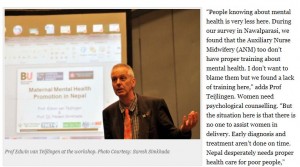
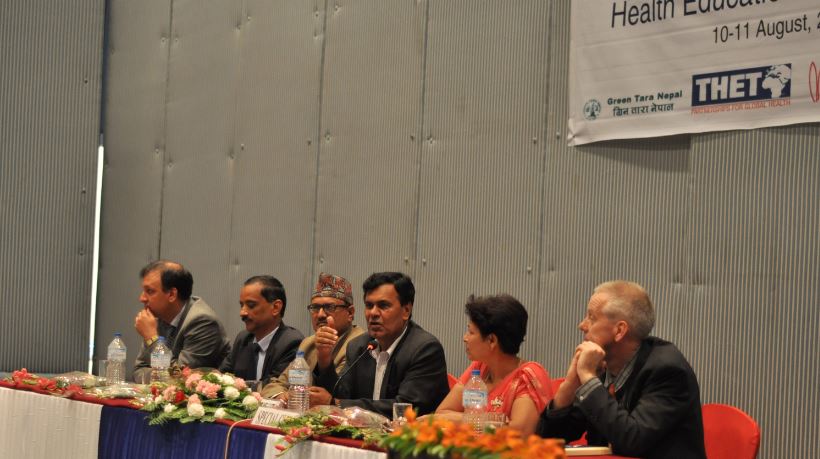


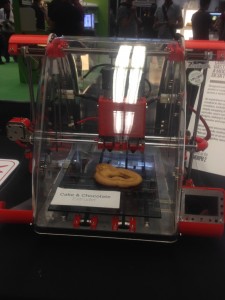
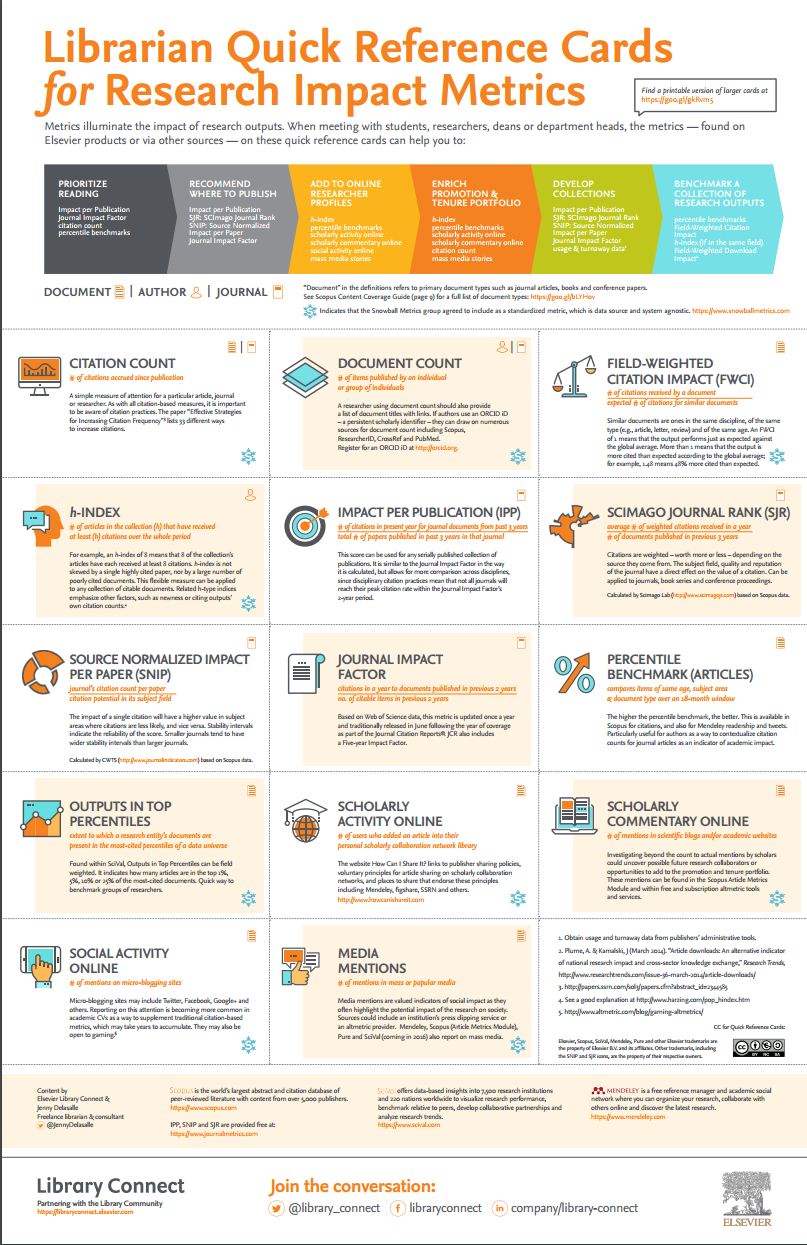
 The AHRC’s Annual Report and Accounts 2015-16 have been
The AHRC’s Annual Report and Accounts 2015-16 have been 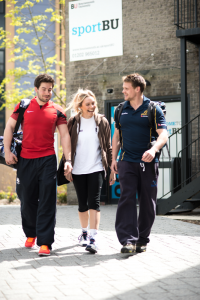
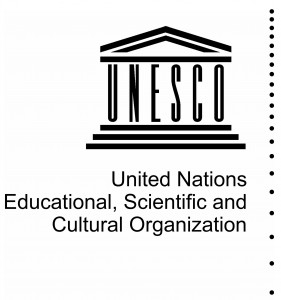












 April’s Café Scientifique – Should we help machines understand and respond to our emotions?
April’s Café Scientifique – Should we help machines understand and respond to our emotions? Postgraduate Research Experience Survey (PRES) 2024 – 2 WEEKS LEFT
Postgraduate Research Experience Survey (PRES) 2024 – 2 WEEKS LEFT Working with The Conversation: online training session – Wednesday 8th May
Working with The Conversation: online training session – Wednesday 8th May Apply for up to £1,000 to deliver an event and take part in a national festival of public engagement with research
Apply for up to £1,000 to deliver an event and take part in a national festival of public engagement with research MSCA Postdoctoral Fellowships 2024
MSCA Postdoctoral Fellowships 2024 Horizon Europe News – December 2023
Horizon Europe News – December 2023